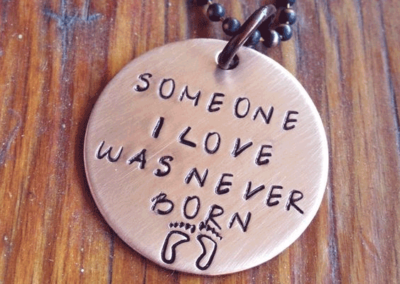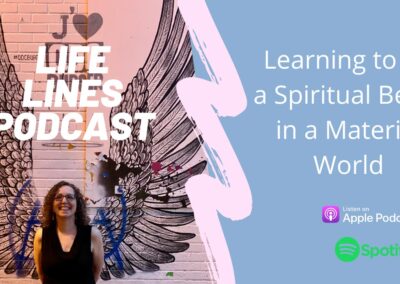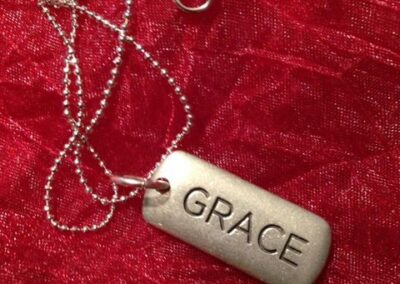I was kneeling by Chiara’s bed the other night to say her prayers, when the conversation took a new turn. Here’s how it went:
Chiara (who is 3): Why did Jesus have to die?
Mom: Well, he died for all of us, to save us. (Quizzical look from Chiara.) But he rose from the dead and made everything good for all of us.
Chiara: What good things did he do for us?
Mom: Well, now we can go to heaven one day, like Grandma Irene.
Chiara: I’m never going to heaven.
Mom: One day, hopefully when you’re very, very old, you will go to heaven.
Chiara: E-ma’s too old.
Mom: Yes, she is. We’re very lucky that E-ma is as old as she is. (She’s 96.)
Chiara: E-ma is never going to die.
Mom: Well, yes, she is. Hopefully not any time soon, but one day, and we will all be very sad, but E-ma has had a long life, longer than most people could ever hope for.
Chiara: But you’re not too old, and Daddy and Noah and Olivia aren’t too old, right?
At that point, she pretty much tired of this topic and moved on, but it didn’t fade from my memory that quickly. Back when I was out talking about my first book, Parenting a Grieving Child: Helping Children Find Faith, Hope and Healing After the Loss of a Loved One, I would try to emphasize that no matter how young the child, death does not escape them. In their own ways, on their own levels, they try to process it. They turn it over in their little heads, trying to figure out what we mean when we say heaven, what we mean when we talk about Jesus dying, what we mean when we say prayers that raise more questions than they answer for little preschoolers (and maybe for all of us).
I am huge proponent of being honest with children — not in a scary way but in a way that gives them enough real information without overloading them with things that will just make them anxious. My little episode with Chiara just confirmed everything that I knew from my research and writing about children and grief. Be open to your children when they ask about death, and be willing to answer their questions when a family member or friend dies. If you don’t, they’ll be working it out on their own without you, and that’s never a good thing.







